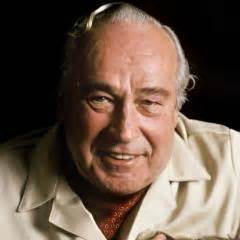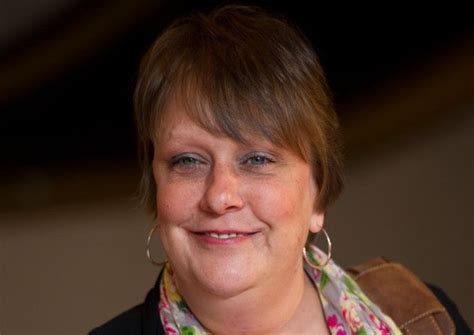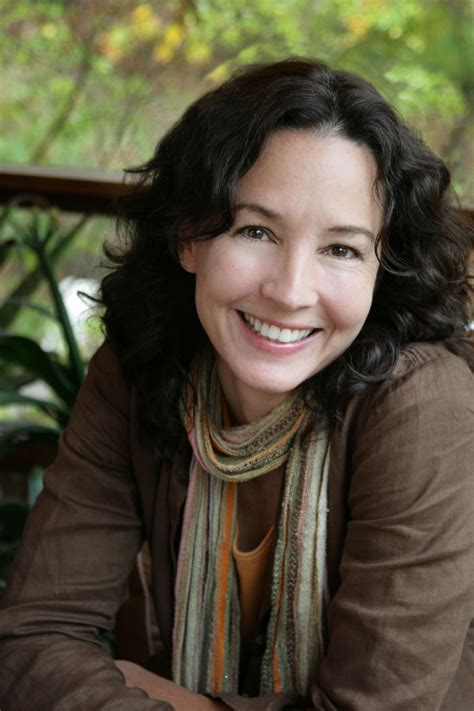A Quote by Margaret Halsey
Equality is an unconscious assumption, and if you feel you are treating someone as an equal, then you are not doing it.
Quote Topics
Related Quotes
It was not their irritating assumption of equality that annoyed Nicholai so much as their cultural confusions. The Americans seemed to confuse standard of living with quality of life, equal opportunity with institutionalized mediocrity, bravery with courage, machismo with manhood, liberty with freedom, wordiness with articulation, fun with pleasure - in short, all of the misconceptions common to those who assume that justice implies equality for all, rather than equality for equals.
the public sphere is as consistently based on the law of equality as the private sphere is based on the law of universal difference and differentiation. Equality, in contrast to all that is involved in mere existence, is not given us, but is the result of human organization insofar as it is guided by the principle of justice. We are not born equal; we become equal as members of a group on the strength of our decision to guarantee ourselves mutually equal rights.
The doctrine of equality! ... But there is no more venomous poison in existence: for it appears to be preached by justice itself, when it is actually the end of justice ... "Equality to the equal; inequality to the unequal" that would be true justice speaking: and its corollary, "never make the unequal equal".
What we really have to do is stop the adjective before the job title — whether it's 'black actor,' a 'gay actor' or 'anything actor,' Everybody thinks that equality comes from identifying people, and that's not where equality comes from. Equality comes from treating everybody the same regardless of who they are. I hope the media and the press catches on to that because it's time to move out of 1992.
The diversity of mankind is a basic postulate of our knowledge of human beings. But if mankind is diverse and individuated, then how can anyone propose equality as an ideal? Every year, scholars hold Conferences on Equality and call for greater equality, and no one challenges the basic tenet. But what justification can equality find in the nature of man? If each individual is unique, how else can he be made 'equal' to others than by destroying most of what is human in him and reducing human society to the mindless uniformity of the ant heap?



































